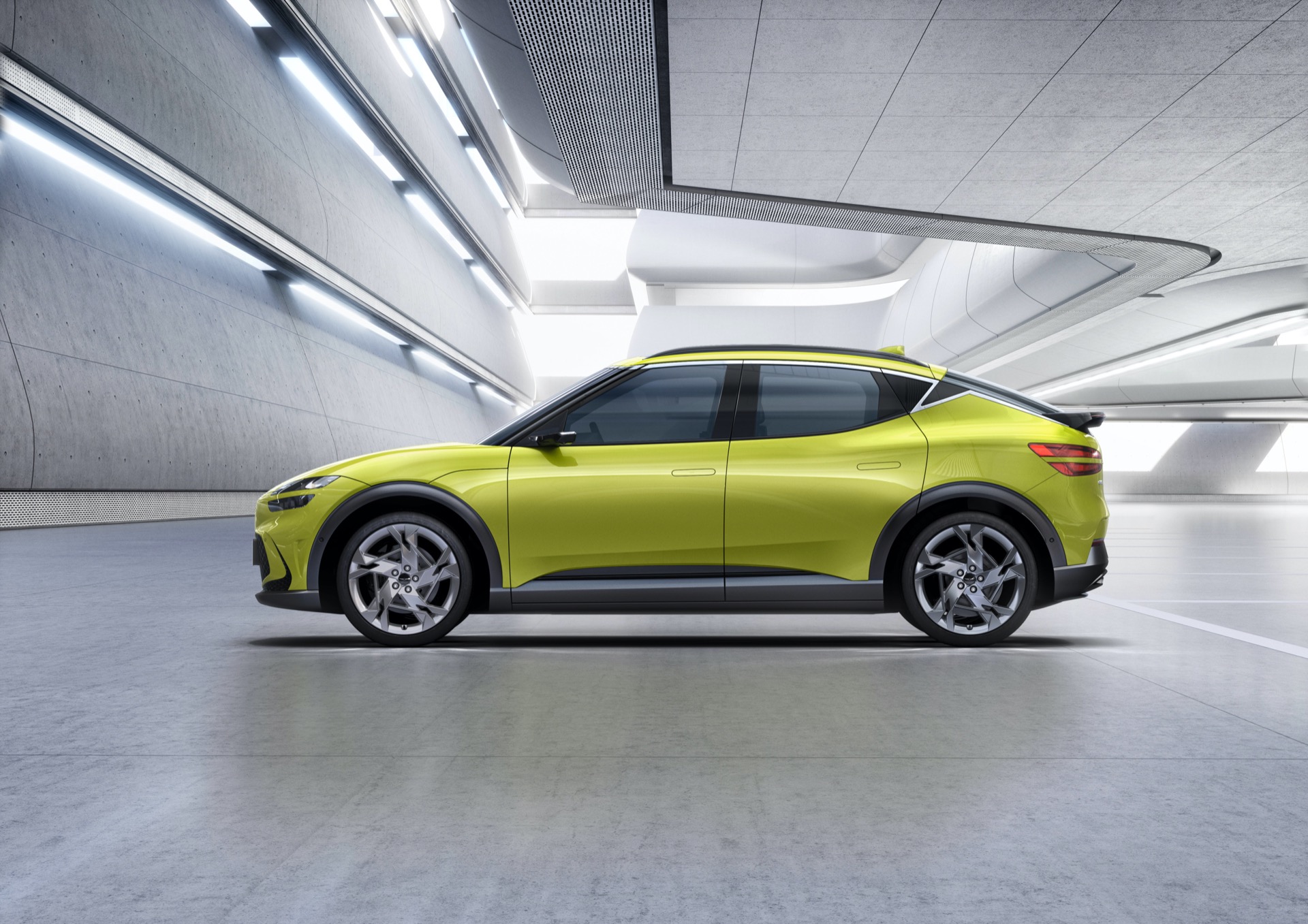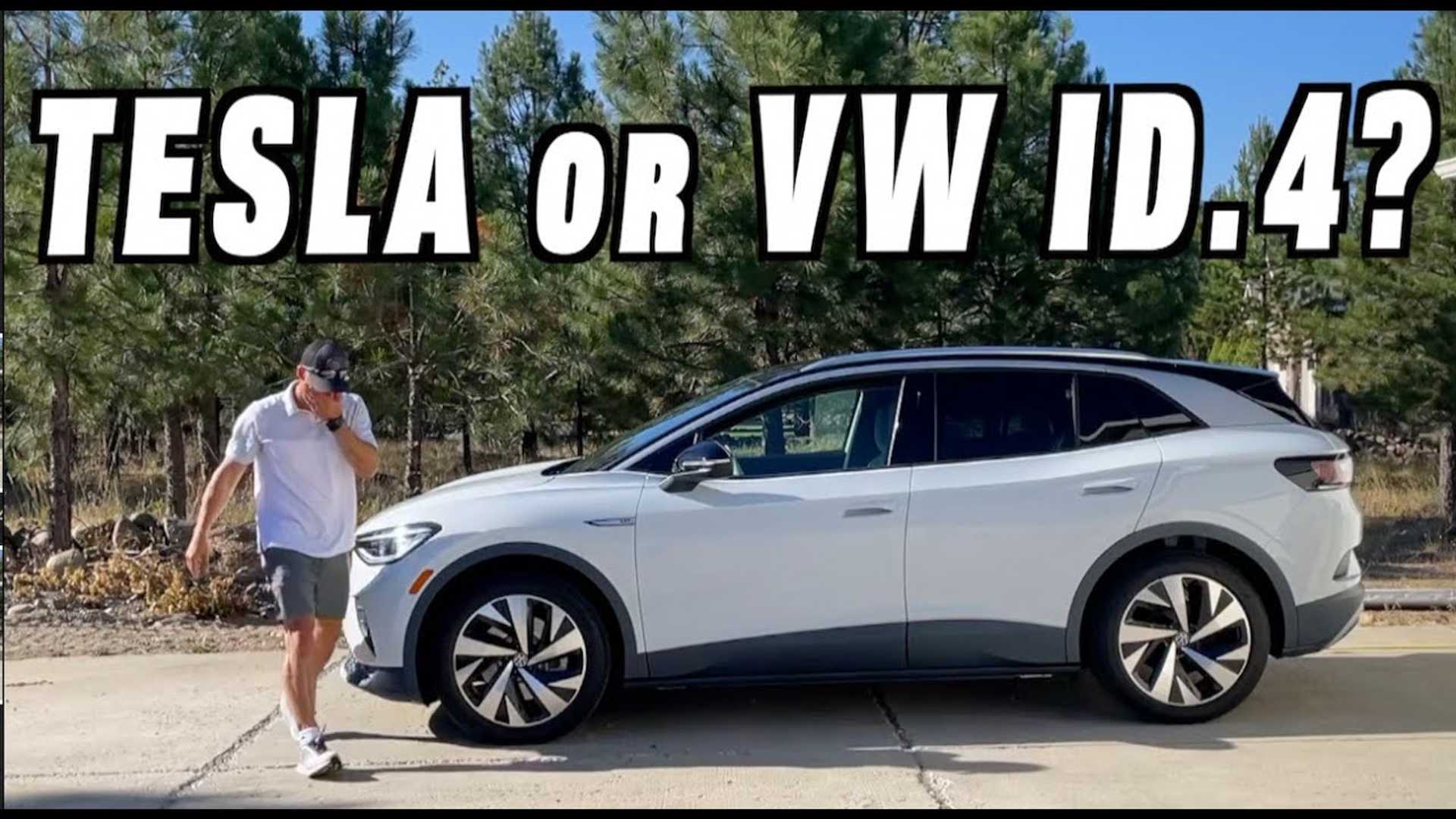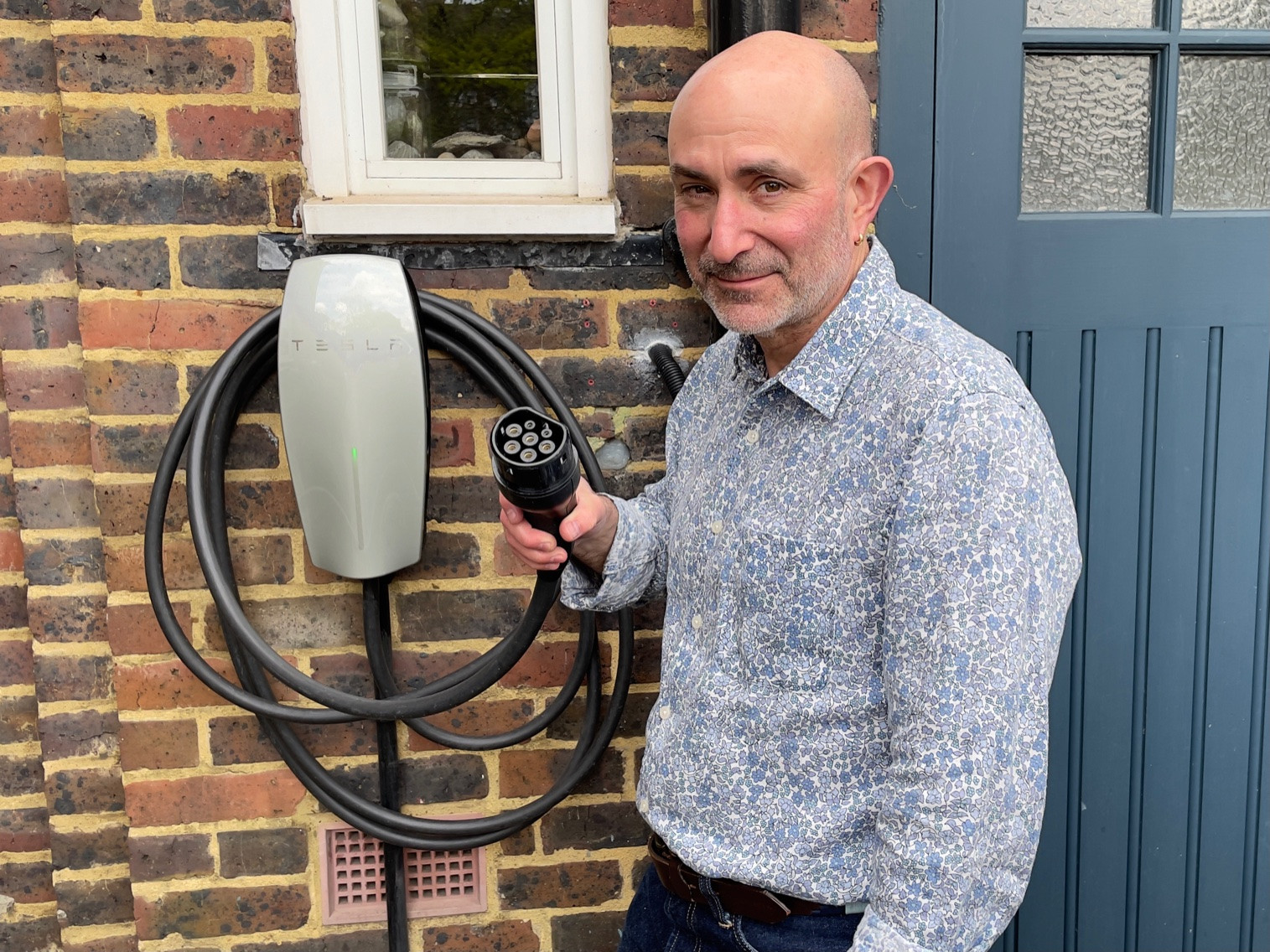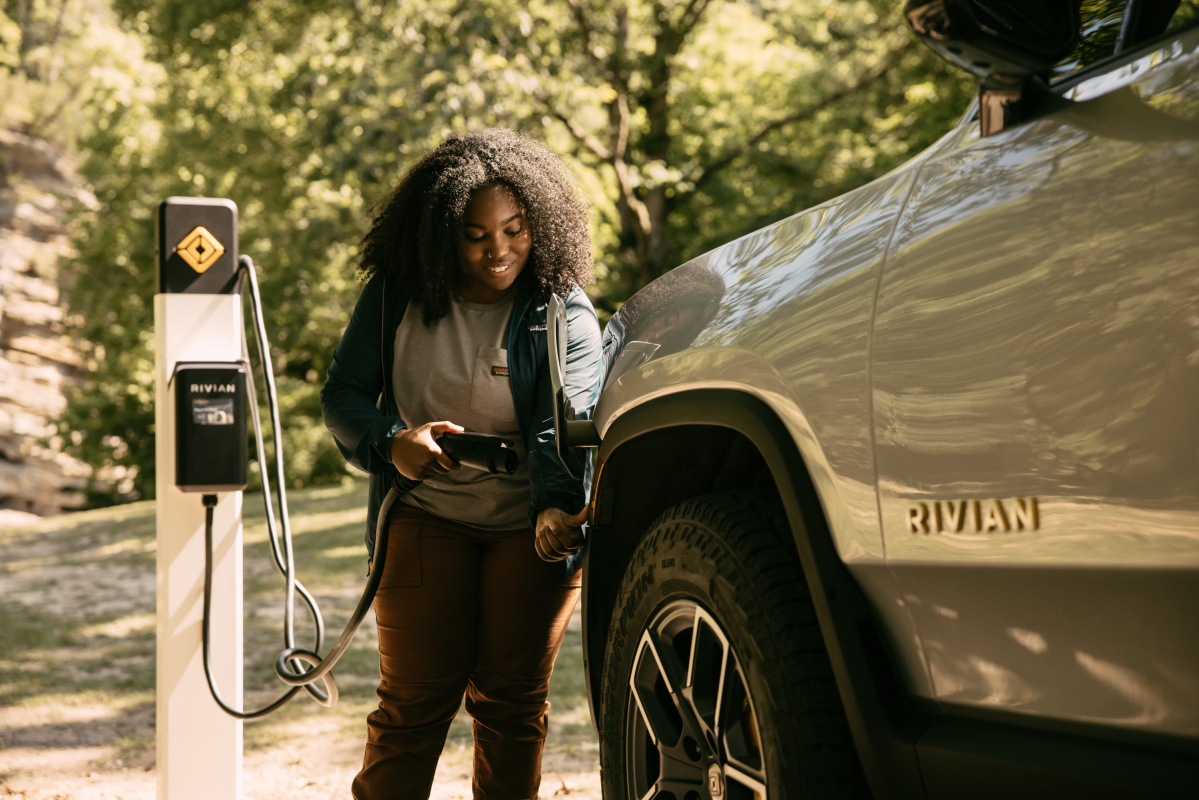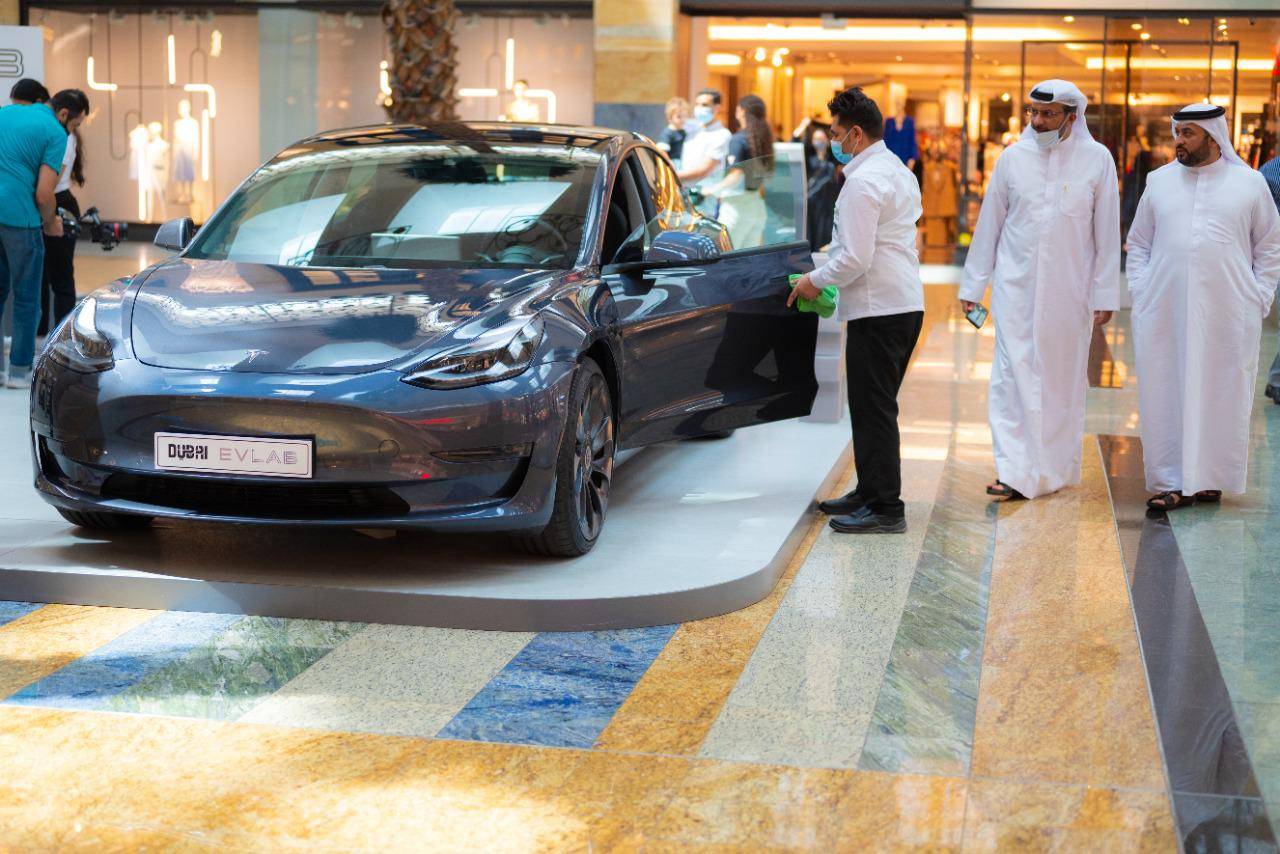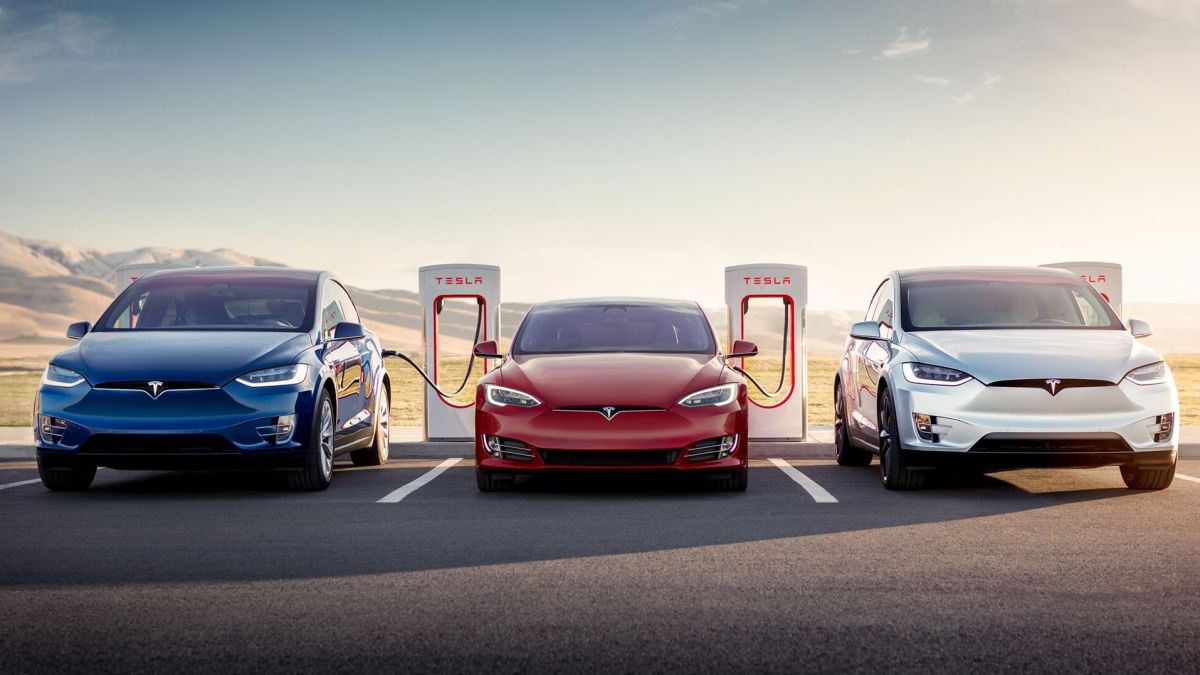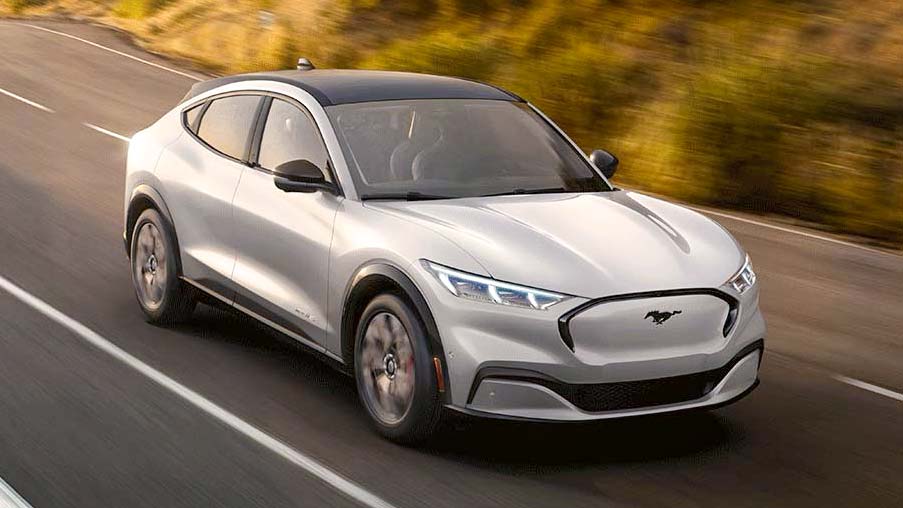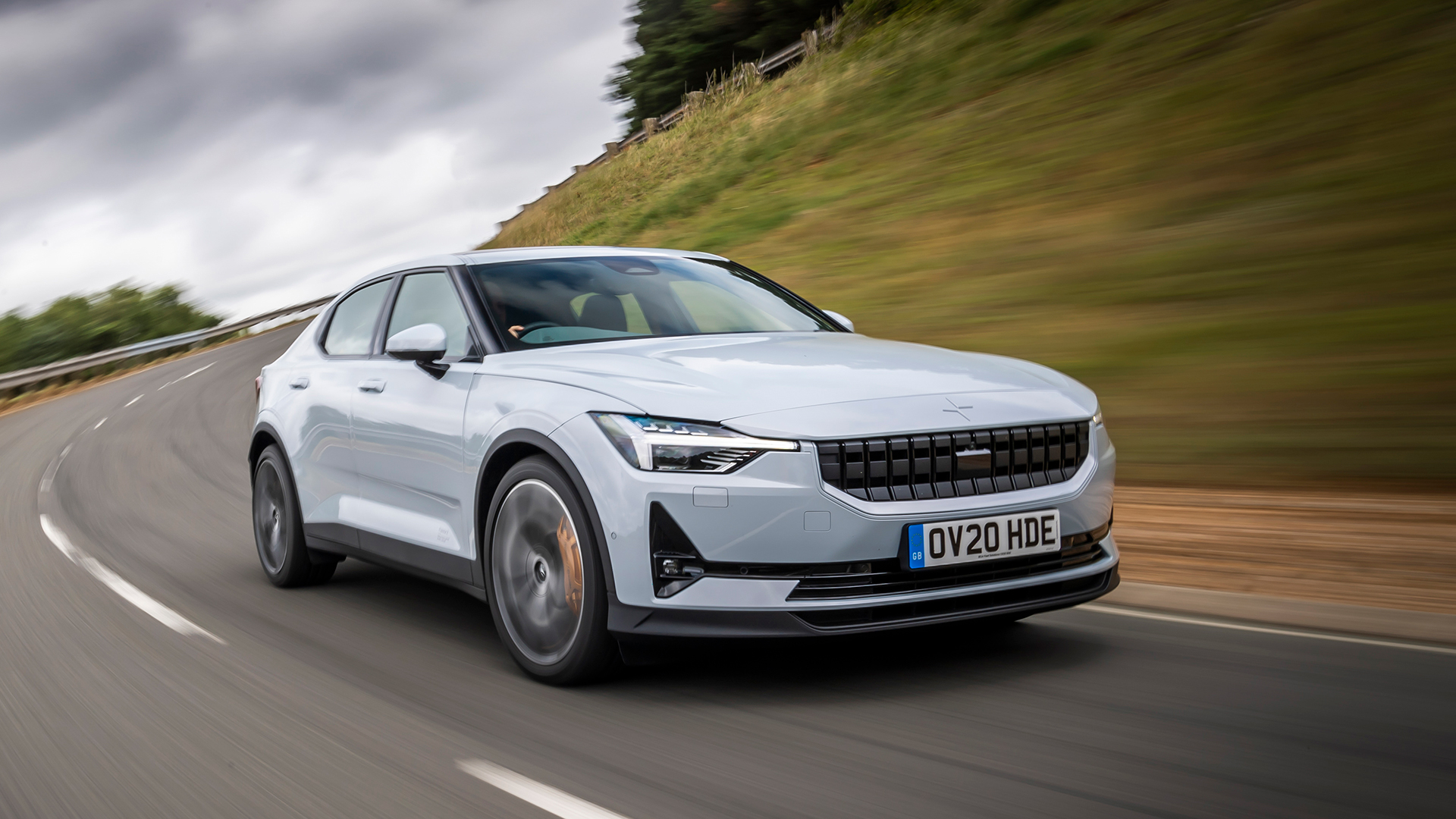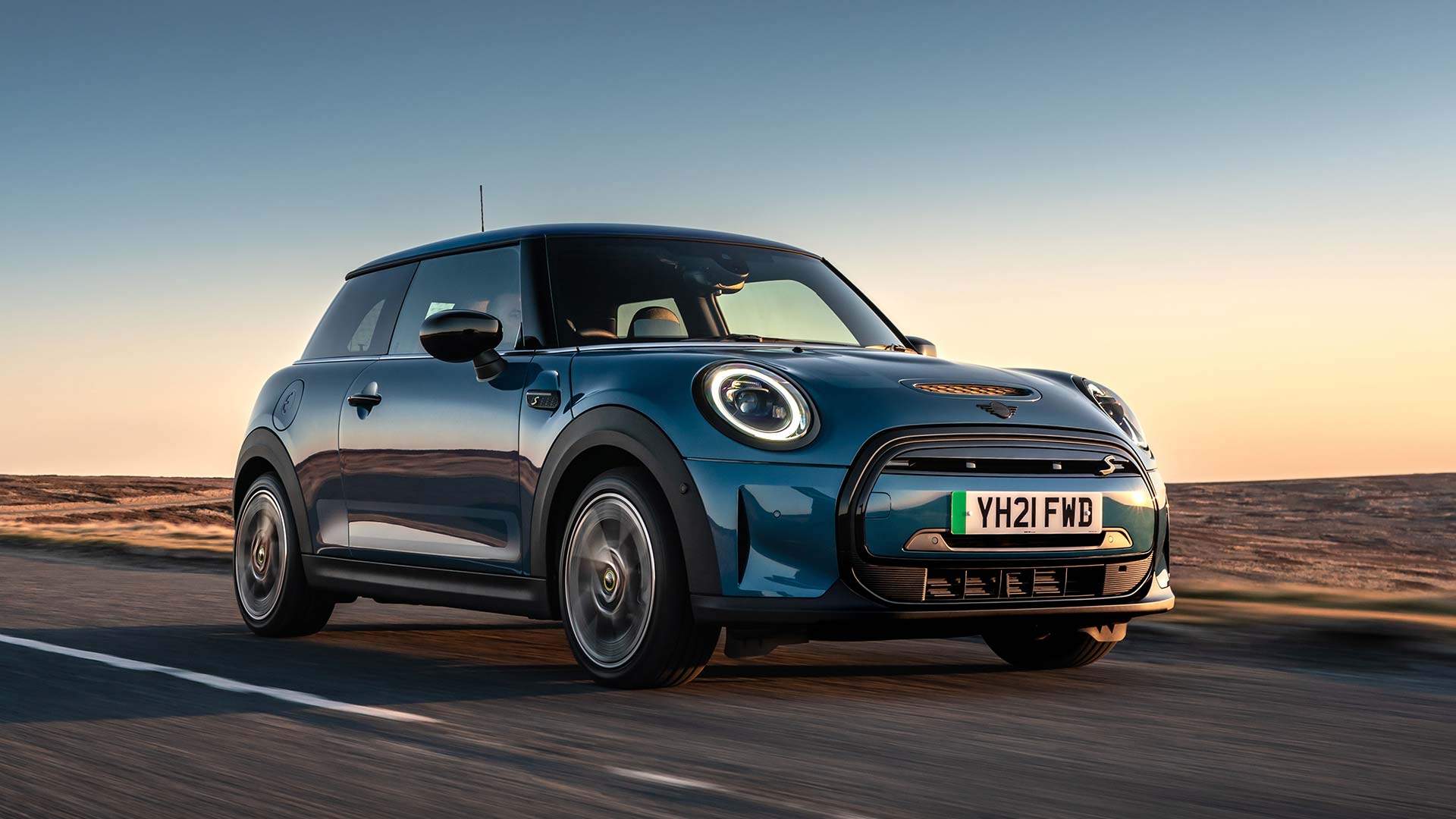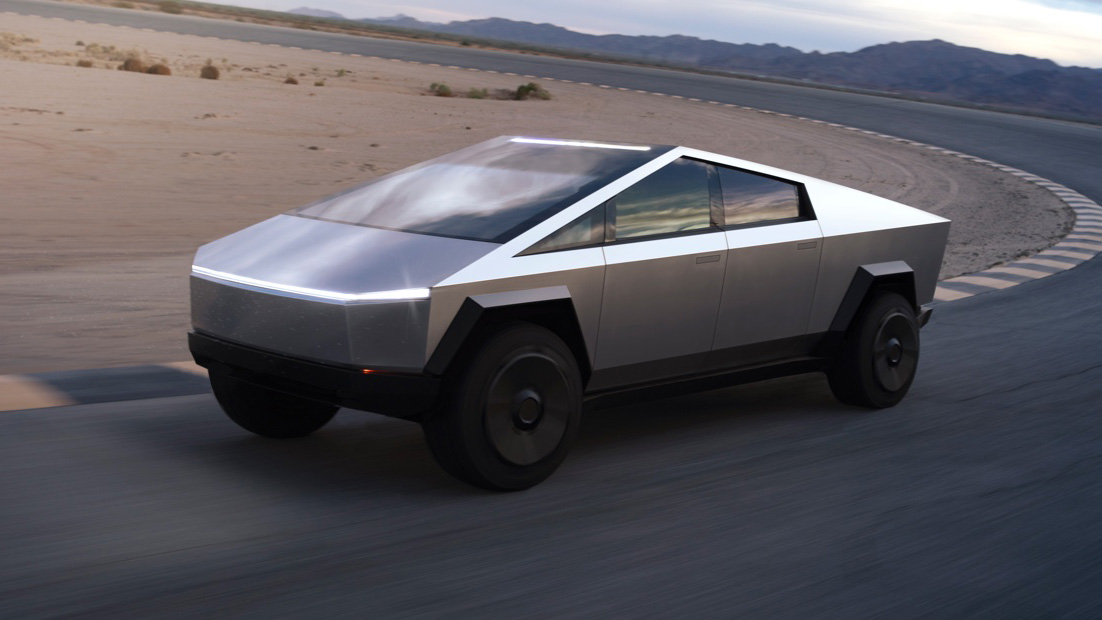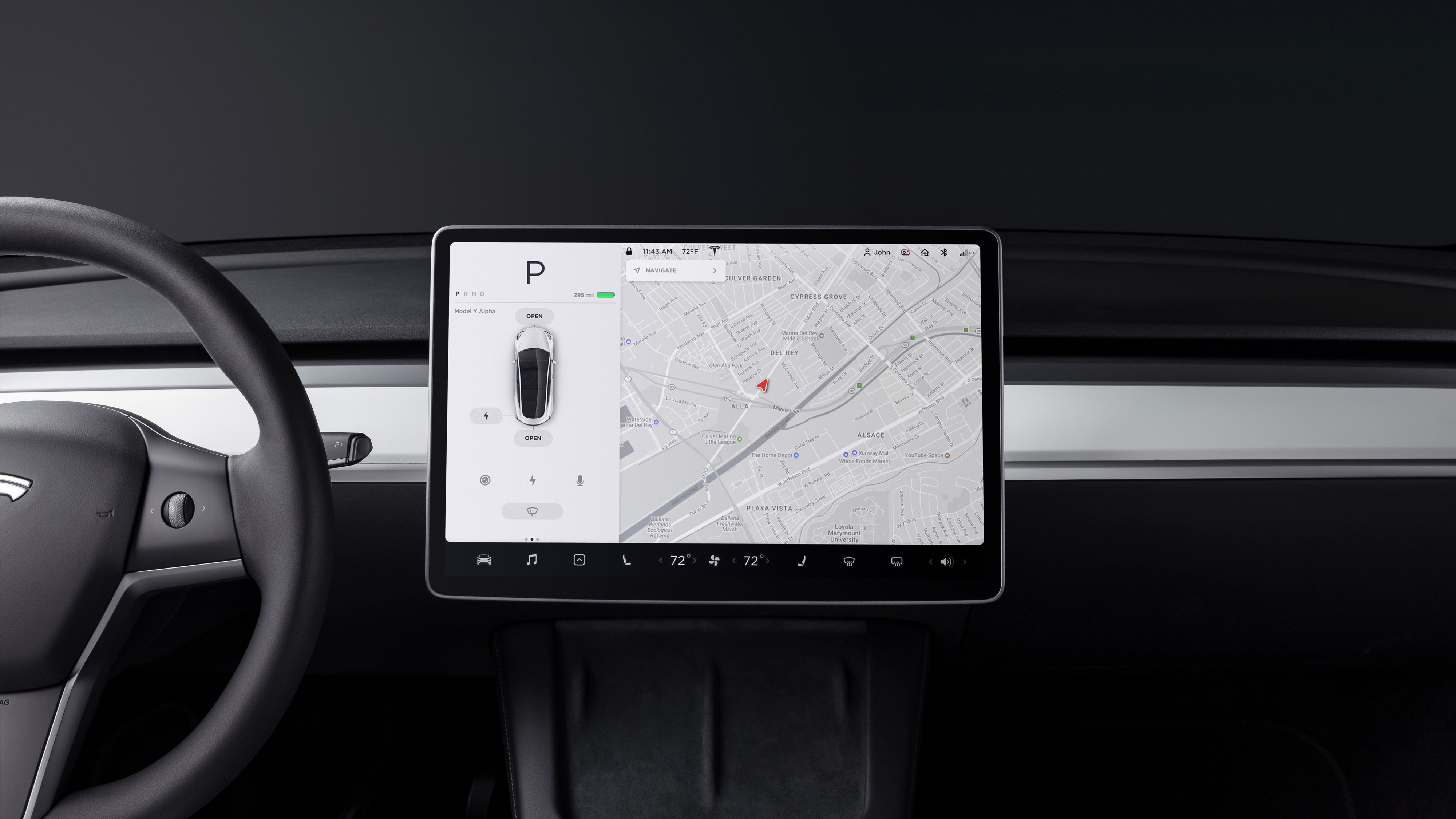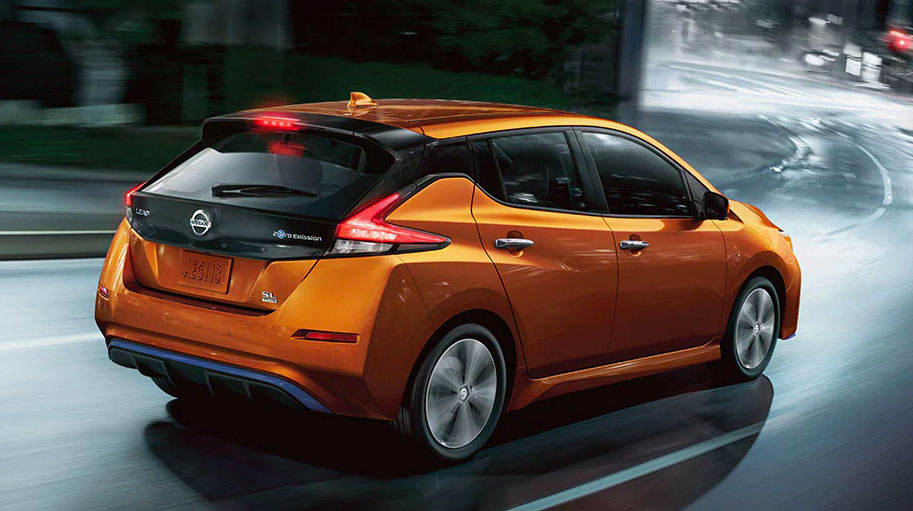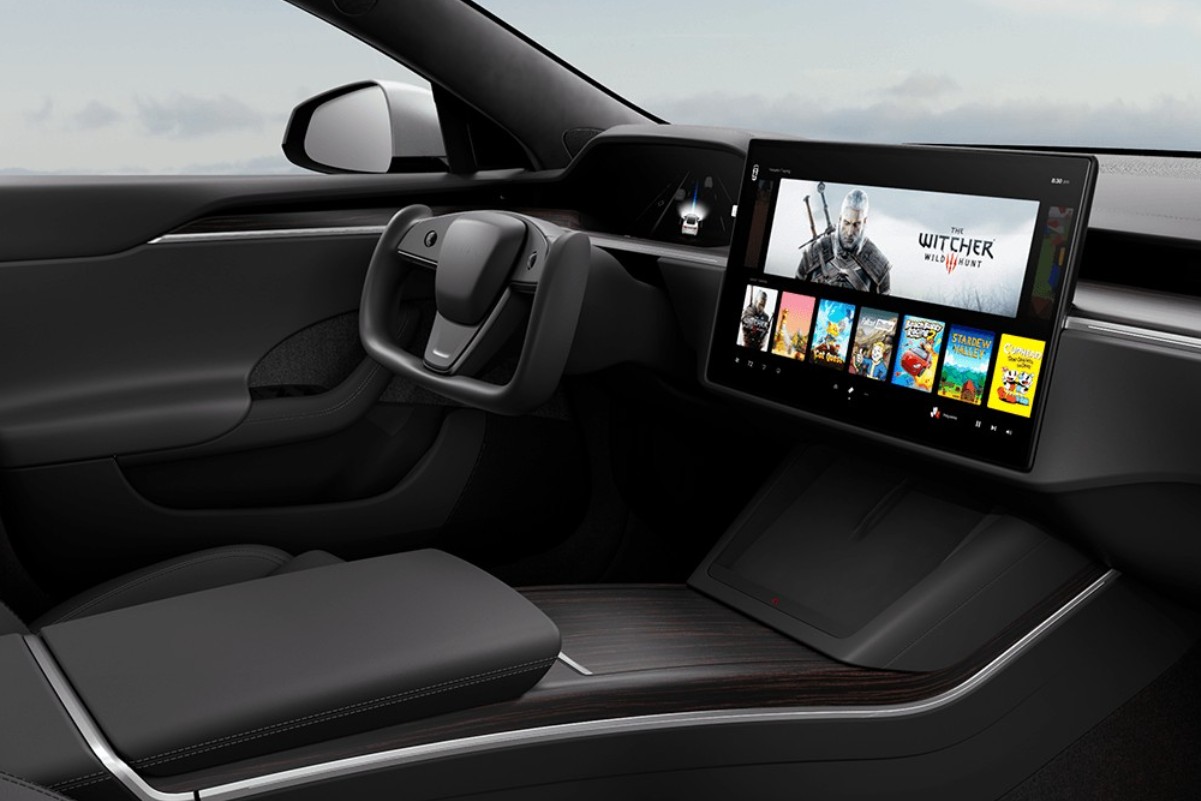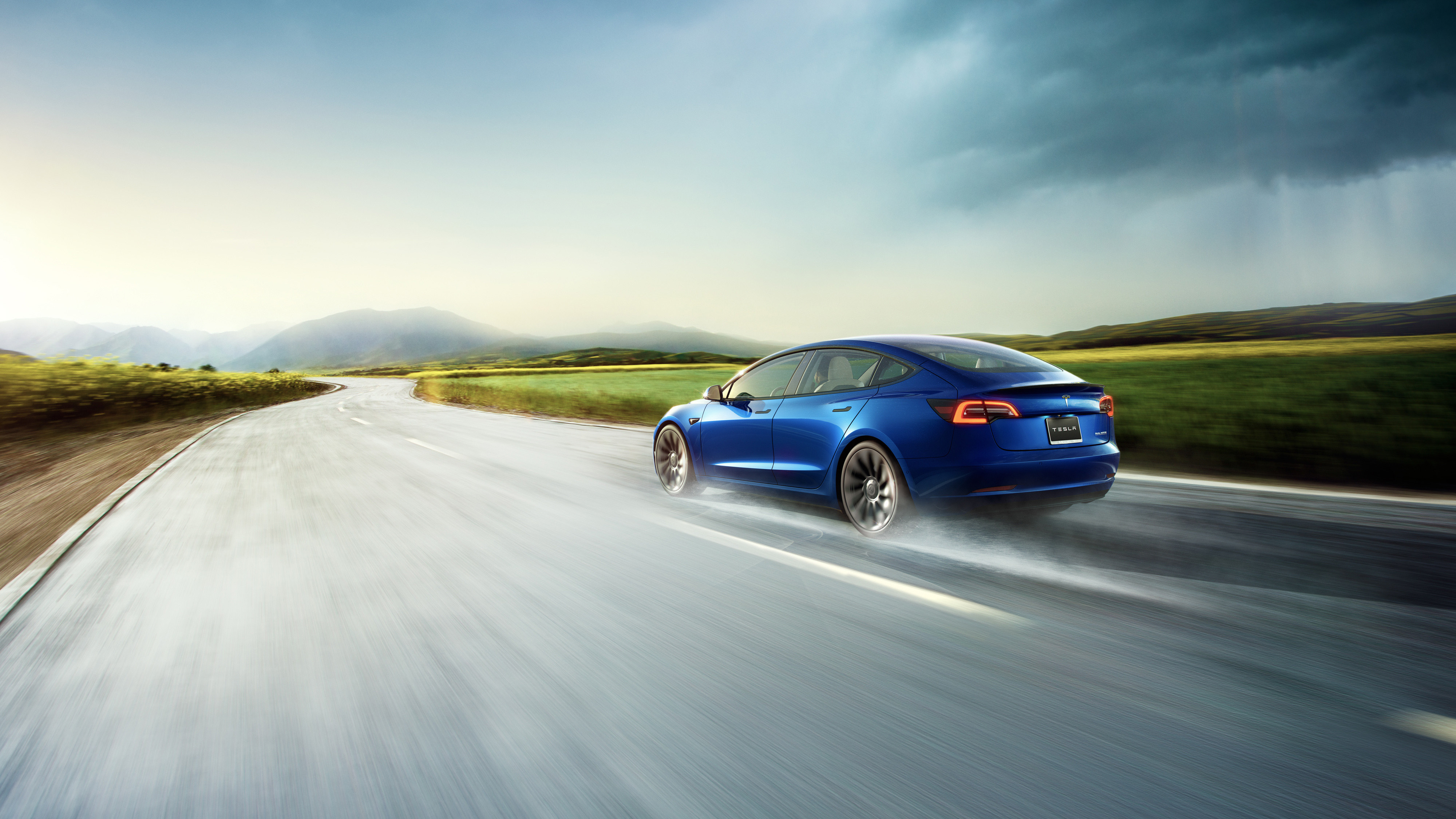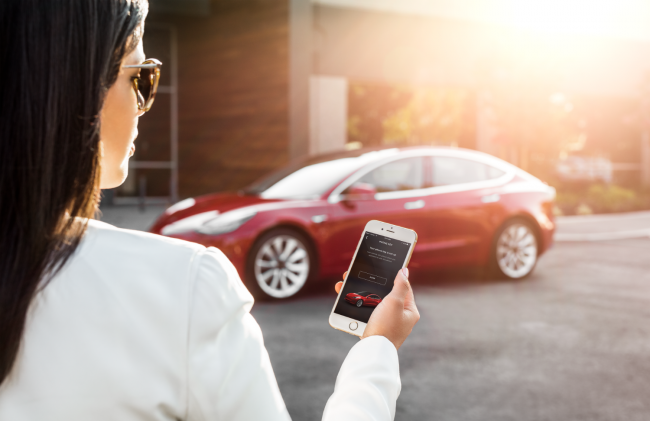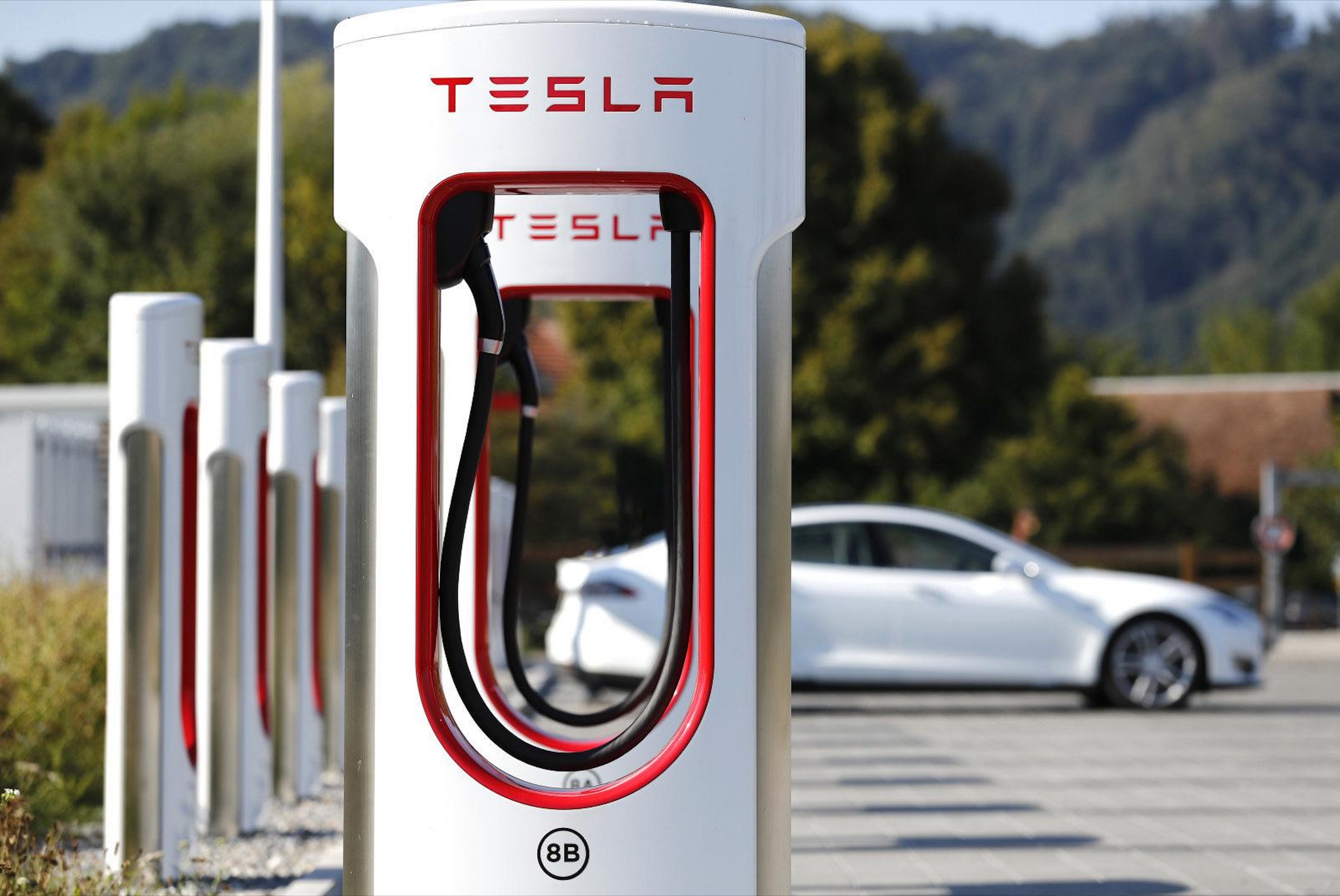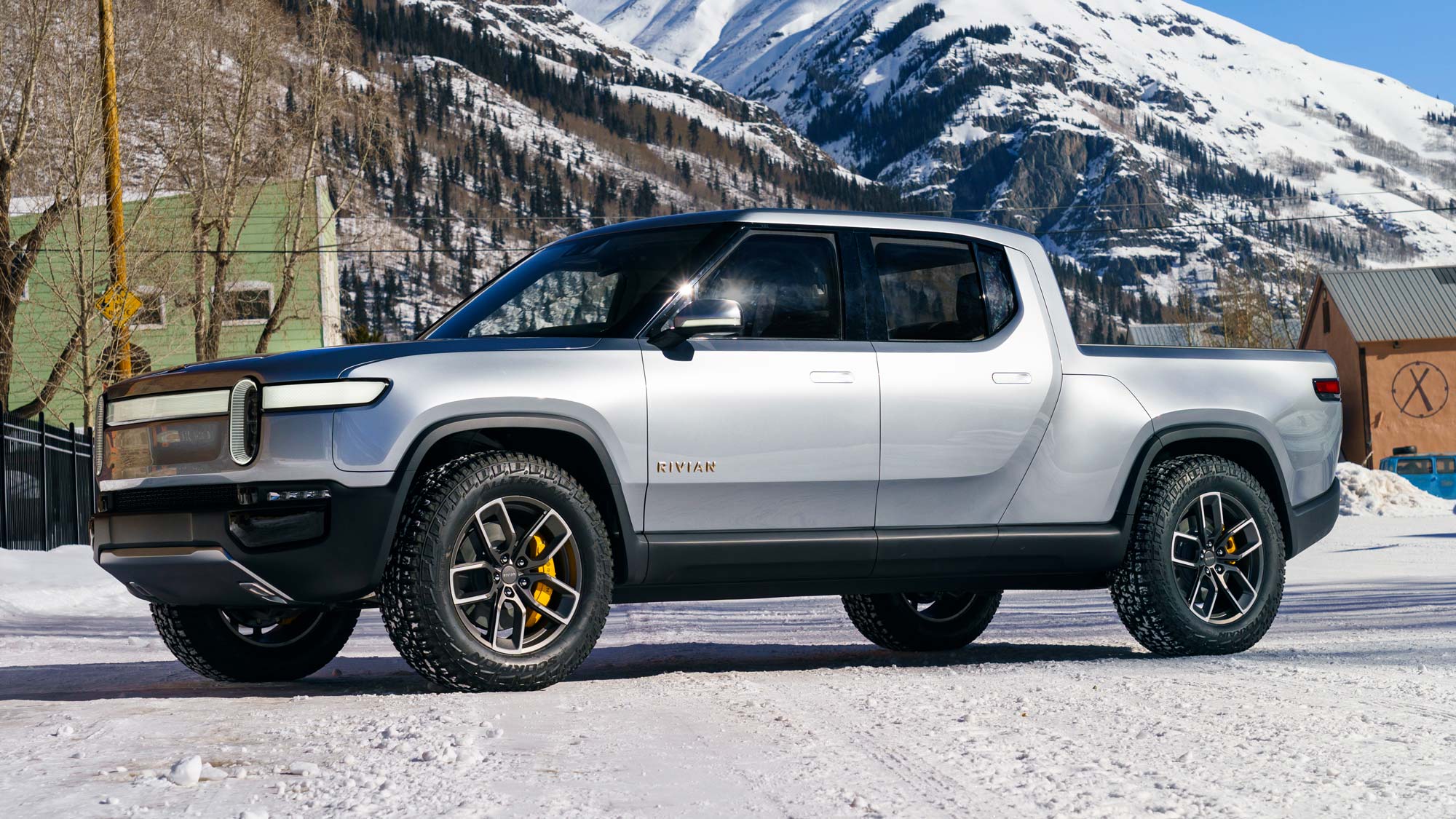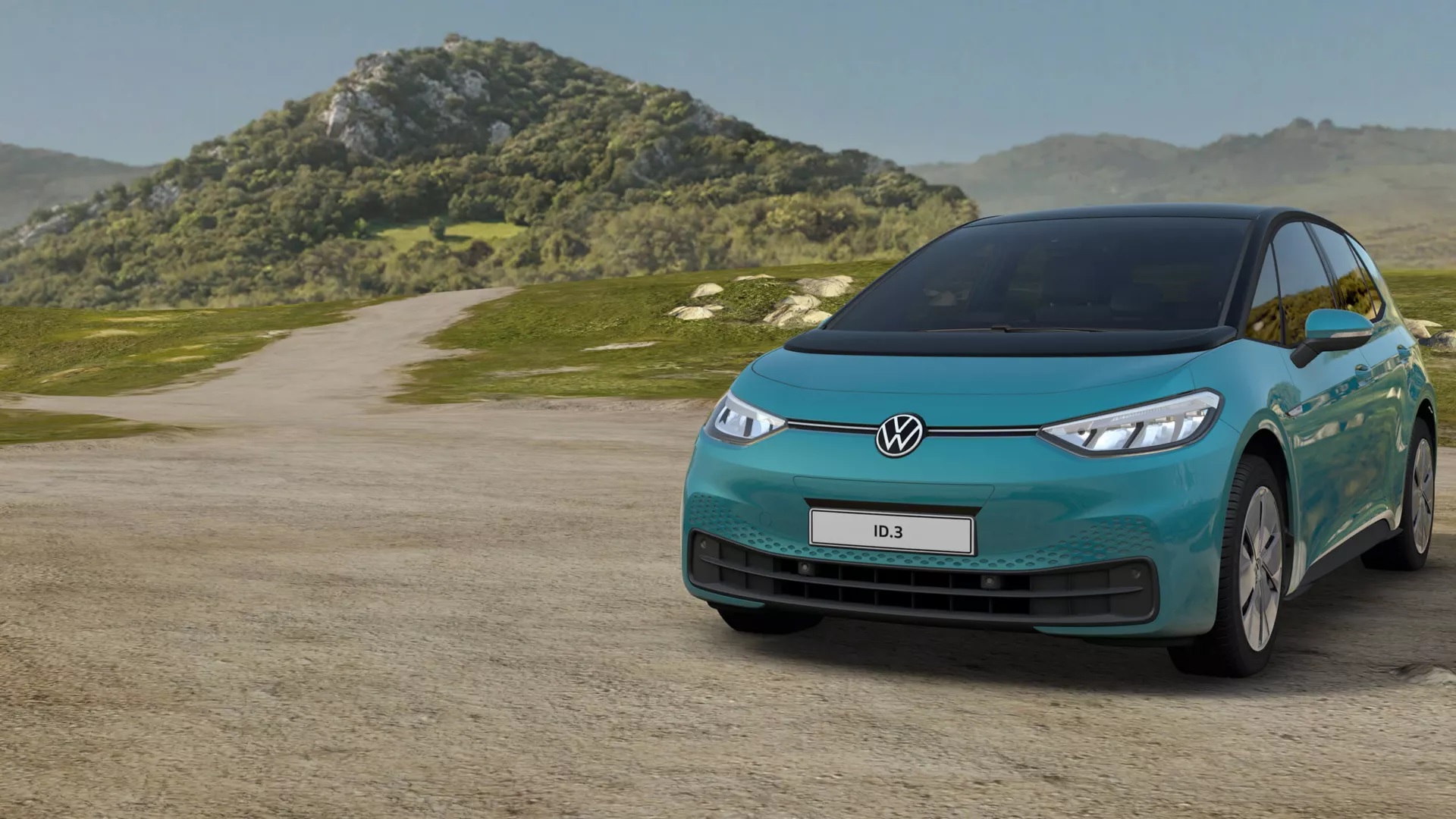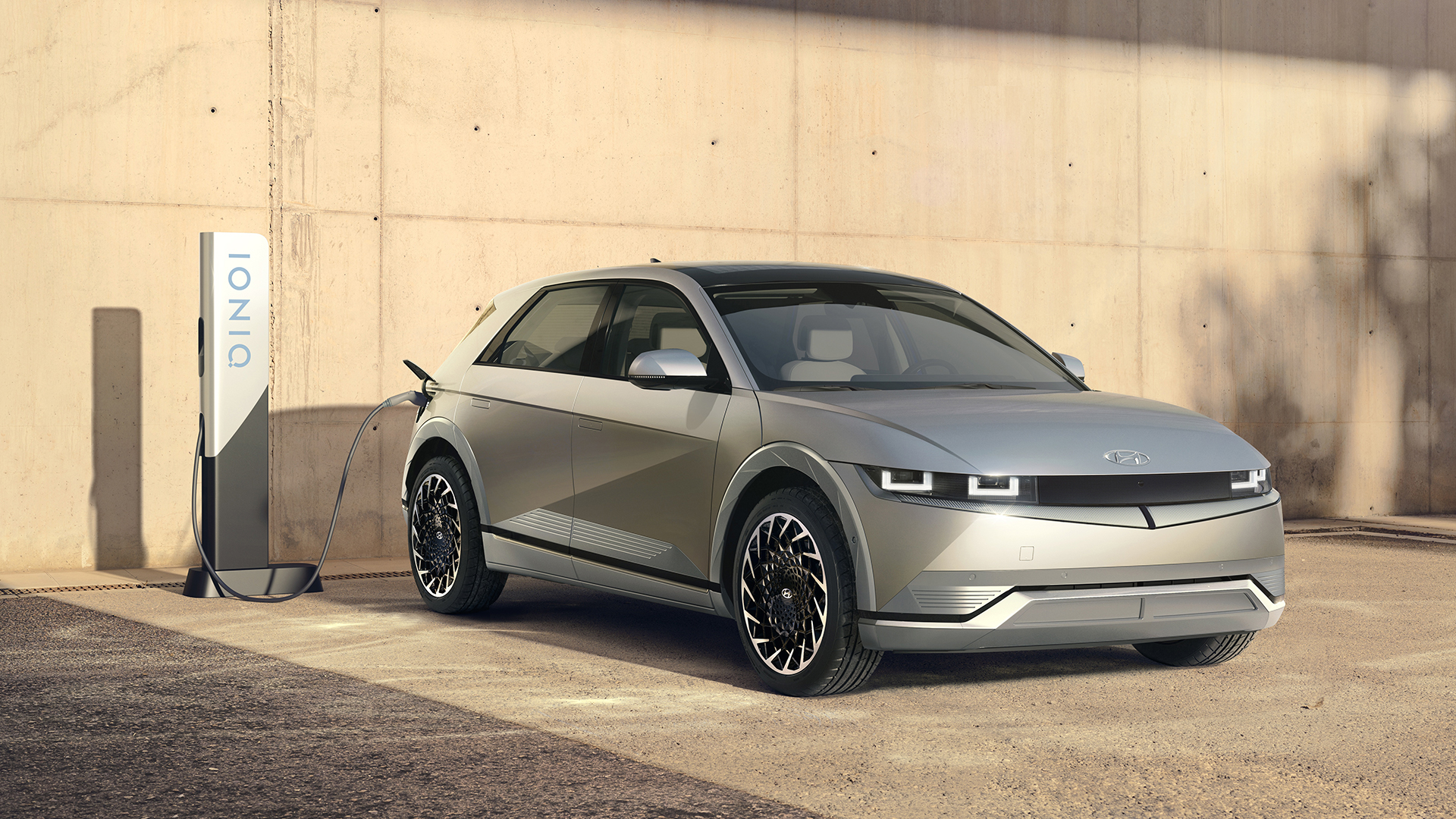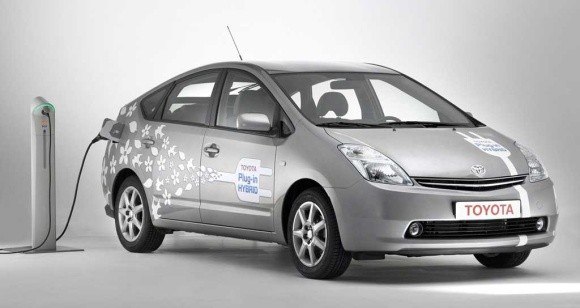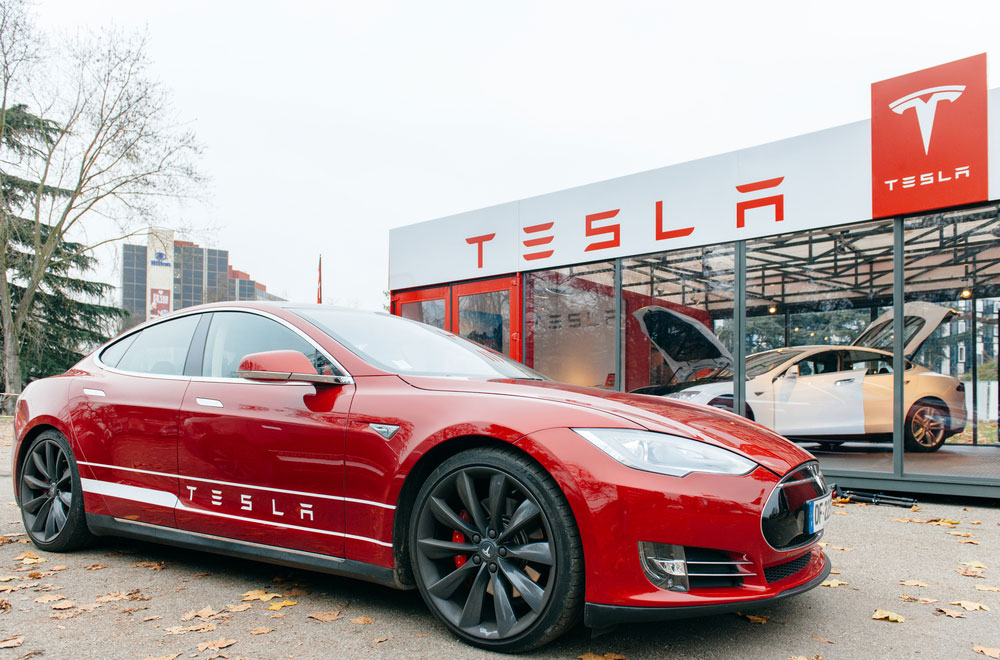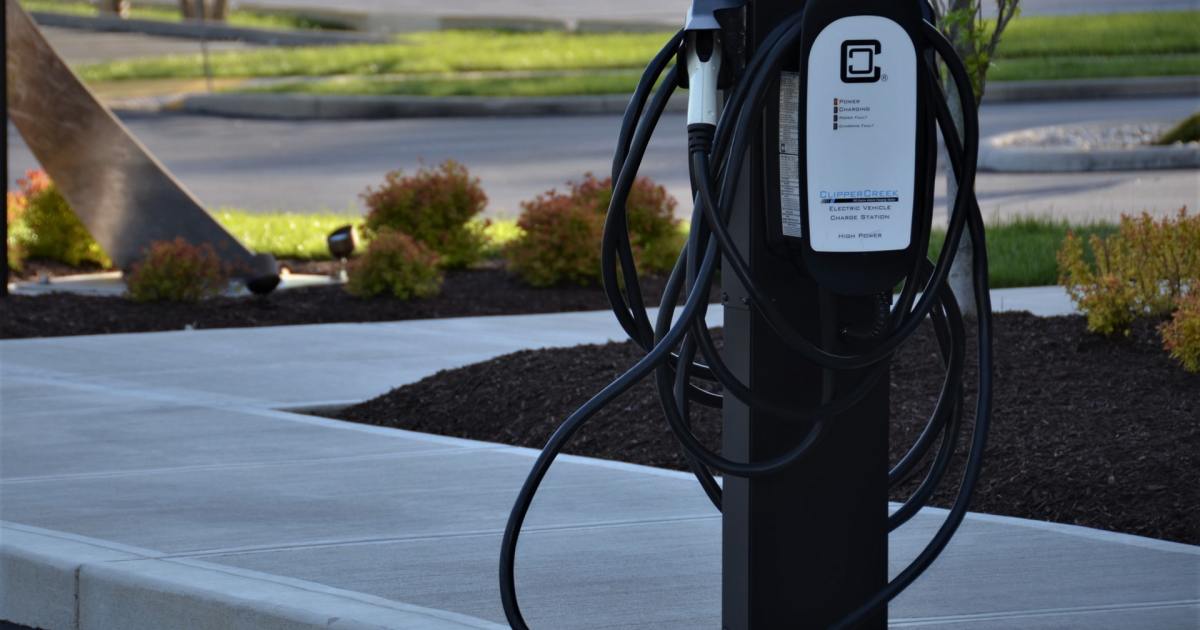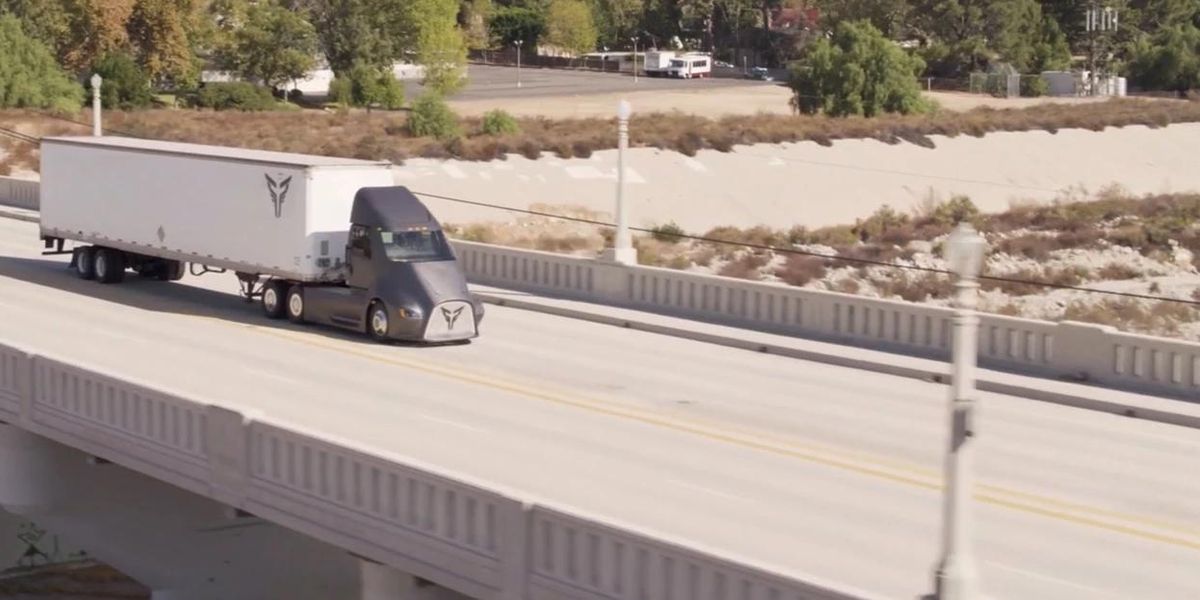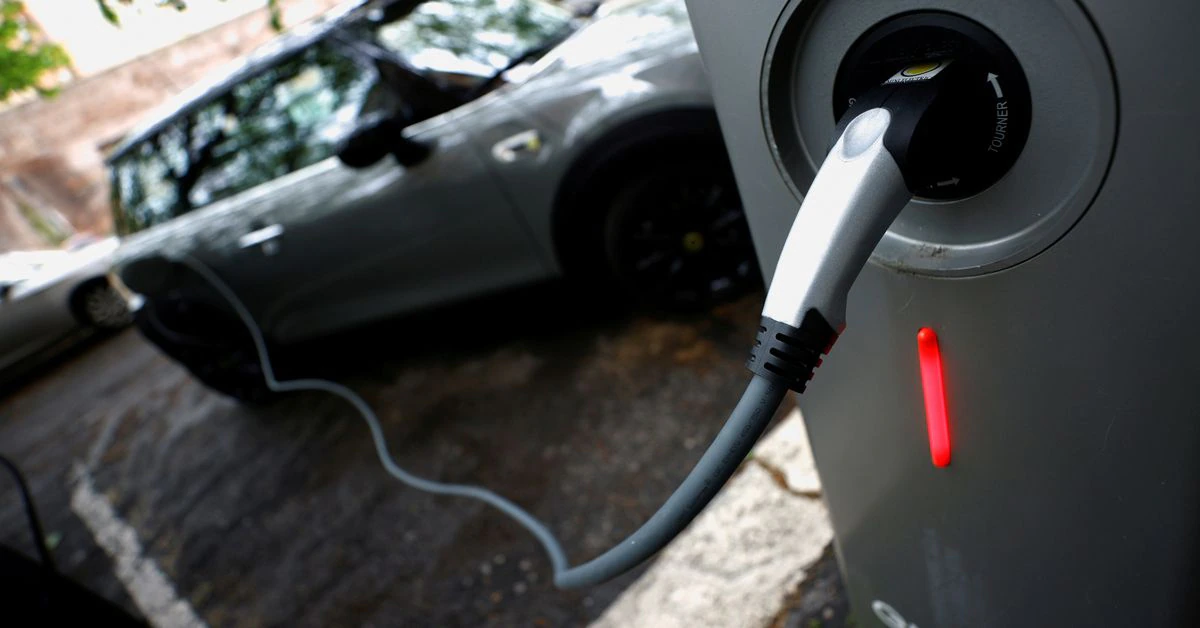The Genesis GV60—the Hyundai luxury brand’s first dedicated electric vehicle, due next year—is shaping up to offer a technology first: It will be one of the first global-market EVs with original-equipment wireless charging.
The hardware, claimed to be supplied by WiTricity, will initially only be offered (or enabled) in South Korea, Genesis confirmed Friday to Green Car Reports. The brand will first incorporate the wireless charging tech on the GV60 as part of a test, or pilot program, in that market in the later part of next year.
Genesis did not mention wireless charging in the press materials for the GV60, which was revealed this past week, and it couldn’t confirm if and when it might offer wireless charging in the U.S. But it’s likely a technology advantage that would be extended to other markets. The Hyundai Motor Group has said that the tech could play a convenience role for some vehicles built on the E-GMP dedicated EV platform the GV60 shares with the Hyundai Ioniq 5 and Kia EV6.
According to WiTricity, it’s the first time a new battery electric vehicle will be equipped with the technology. Several entries from China, which has adopted streamlined standards for the tech, could arrive around the same time in early 2022, or narrowly beat the GV60. But none of those models appear bound for the U.S. and Europe like the GV60.
Wireless charging technology has been available as an aftermarket retrofit for years, but it’s been a niche product. Such inductive tech uses a magnetic field through two coils to allow current transfer, charging the EV’s battery pack over the course of hours without any physical connection.
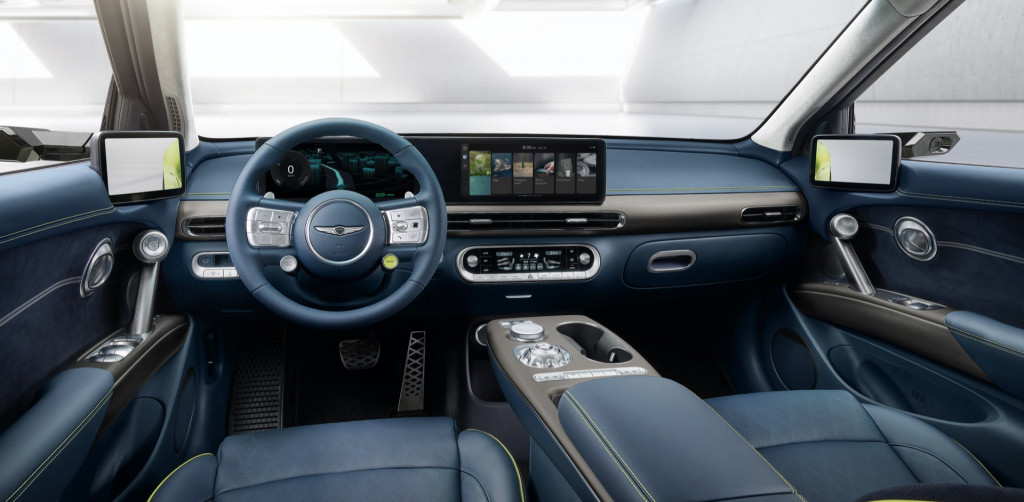
Genesis GV60 prototype
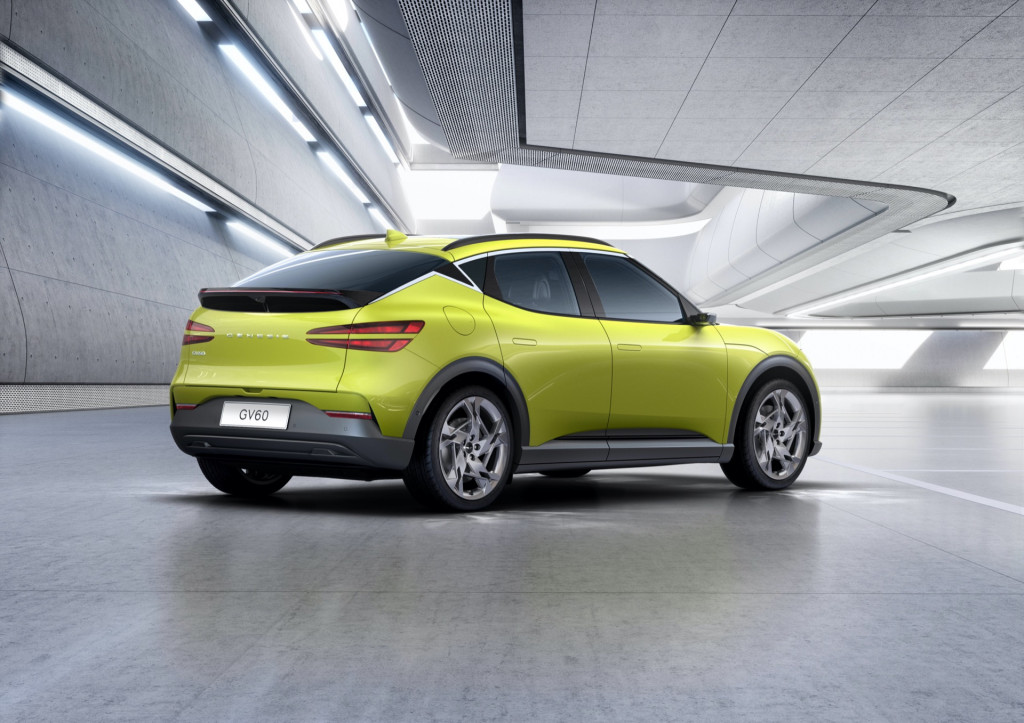
Genesis GV60 prototype
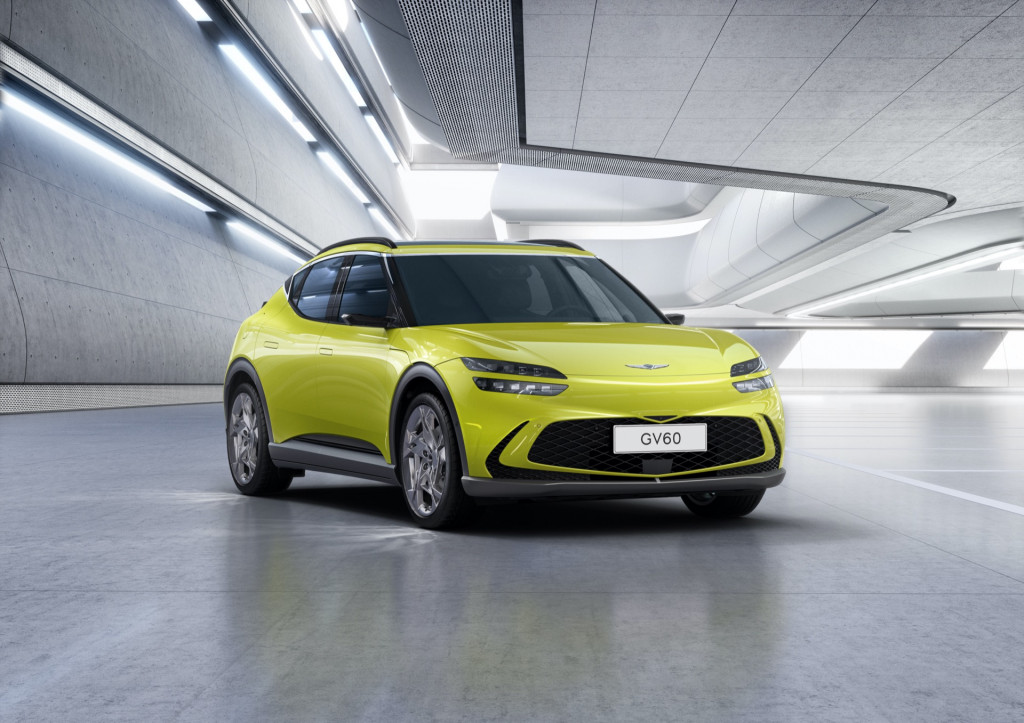
Genesis GV60 prototype
Wireless charging has a lot of potential in electric vehicles, as it could potentially allow drivers to charge wherever they go—at shopping centers, for instance, and in snow and winter weather—without having to get out of the car and fuss with a heavy charge cord and connector. A parking tool would simply make sure the car is aligned for the best charge.
BMW has been conducting a trial of the tech in some 5-Series plug-in hybrids, but it hasn’t shared results of that test quite yet.
Genesis hasn’t released technical information for the GV60, but both the Ioniq 5 and EV6 offer a 77.4-kwh battery pack that, in some versions, should enable more than 300 miles of range, and they’re taking all kinds of charging seriously—including speedy DC fast charging and bi-directional capability that could be used for future smart-home features. Hyundai has said the Ioniq 5, as the first model in the parent company’s mass-market EV push, will dominate the Tesla Model Y in terms of miles of range recovered.
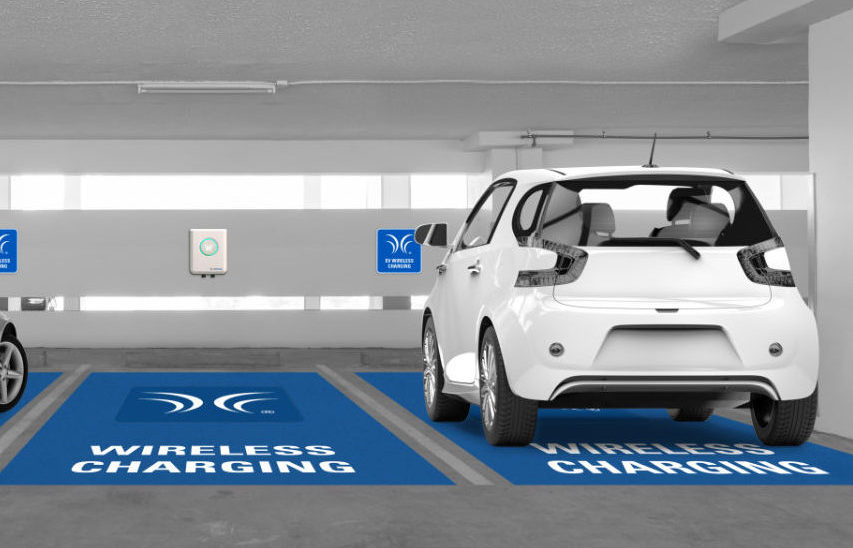
Wireless charging in parking building – WiTricity
In the U.S., a single standard for wireless charging that will harmonize charging at up to 11 kw might help move things along. Some consolidation in the business happened in 2019, when Qualcomm sold its Halo wireless tech to WiTricity.
For now, the real hurdle will simply be convincing enough stakeholders to install the charging pads and hardware. That means automakers, business owners, and customers—possibly even charging networks. And if a luxury brand like Genesis steps up, it could be the start of something great.
—
with contributions from Stephen Edelstein
